No products in the cart.
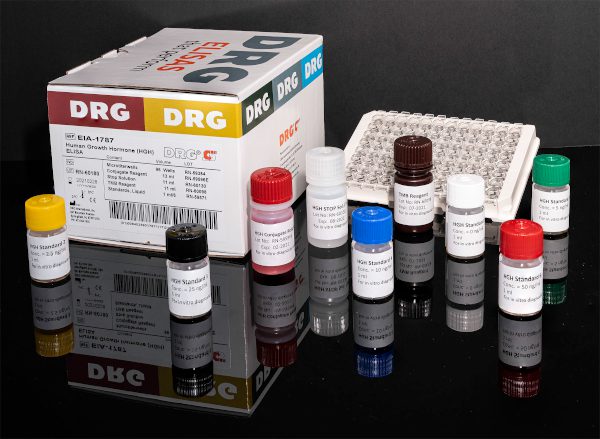
In the realm of health and wellness, acronyms like HCG and HGH are frequently tossed around. Both are associated with hormone therapy and have gained popularity for their potential benefits. However, they serve distinct purposes, and understanding the difference between HCG (Human Chorionic Gonadotropin) and HGH (Human Growth Hormone) is crucial for anyone considering these treatments. In this article, we will delve into the unique characteristics, functions, and applications of HCG and HGH, shedding light on their individual roles in the human body.
What is HCG?
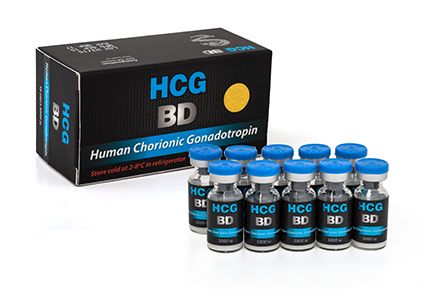
HCG, short for Human Chorionic Gonadotropin, is a hormone primarily associated with pregnancy. It is produced by the placenta shortly after the embryo attaches to the uterine lining. HCG plays a pivotal role in maintaining the corpus luteum, a structure in the ovary that produces progesterone during early pregnancy.
What is HGH?
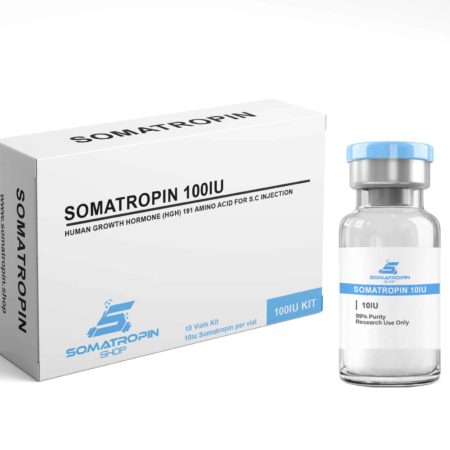
Human Growth Hormone, abbreviated as HGH, is a hormone that plays a central role in stimulating growth and development during childhood. It is produced by the pituitary gland, a small organ at the base of the brain.
What is the Difference Between HCG and HGH?
Function:
HCG: HCG is primarily known for its role in pregnancy. It is produced by the placenta after implantation of the fertilized egg in the uterine lining. HCG helps maintain the corpus luteum, which produces progesterone during early pregnancy, supporting the development of the embryo and maintaining the uterine lining.
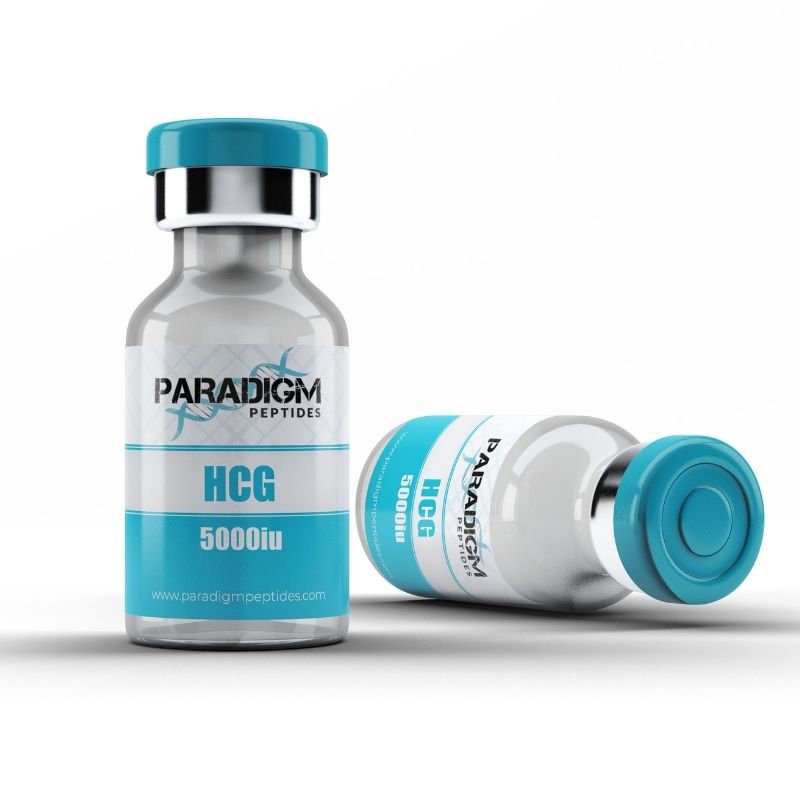
HGH: HGH, also known as somatotropin, is responsible for promoting growth, development, and regeneration of cells and tissues throughout the body. It plays a crucial role in childhood growth, maintaining healthy body composition, and various metabolic processes.
Production:
HCG: HCG is produced by the placenta during pregnancy. In non-pregnant individuals, small amounts of HCG can be produced by certain tumors, such as testicular or ovarian cancers.
HGH: HGH is produced by the anterior pituitary gland in the brain. Its secretion is regulated by the hypothalamus and is released into the bloodstream in response to various stimuli, including exercise, sleep, and stress.
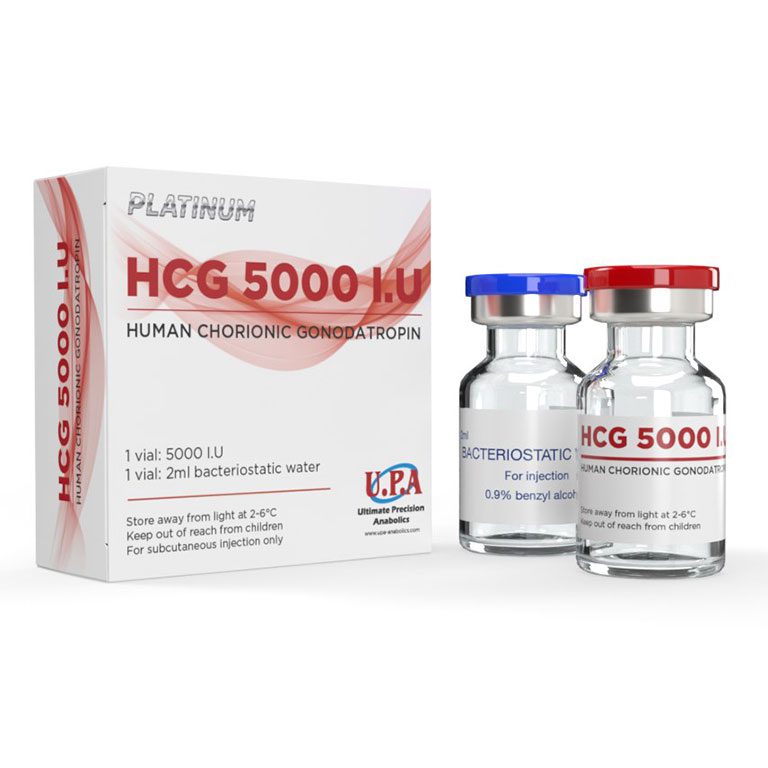
Medical Uses:
HCG: HCG is used medically to trigger ovulation in fertility treatments, such as in vitro fertilization (IVF). It may also be used to treat certain hormonal disorders in both men and women.
HGH: HGH is used medically to treat growth disorders in children and adolescents, as well as hormone deficiency conditions in adults. It has also been used for certain medical conditions like muscle wasting in HIV/AIDS patients.
Athletic and Performance Enhancement:
HCG: Some athletes and bodybuilders have used HCG in conjunction with anabolic steroids to counteract testicular shrinkage and restore testosterone production after steroid use.
HGH: HGH has been abused for its potential performance-enhancing effects in sports. However, its use in this context is considered illegal and unethical.
Side Effects:
HCG: Common side effects of HCG may include headache, fatigue, and pain at the injection site. In some cases, it can lead to ovarian hyperstimulation syndrome (OHSS) in fertility treatments.
HGH: Side effects of HGH abuse can include joint and muscle pain, carpal tunnel syndrome, fluid retention, and in some cases, an increased risk of certain health issues like diabetes and cardiovascular disease.
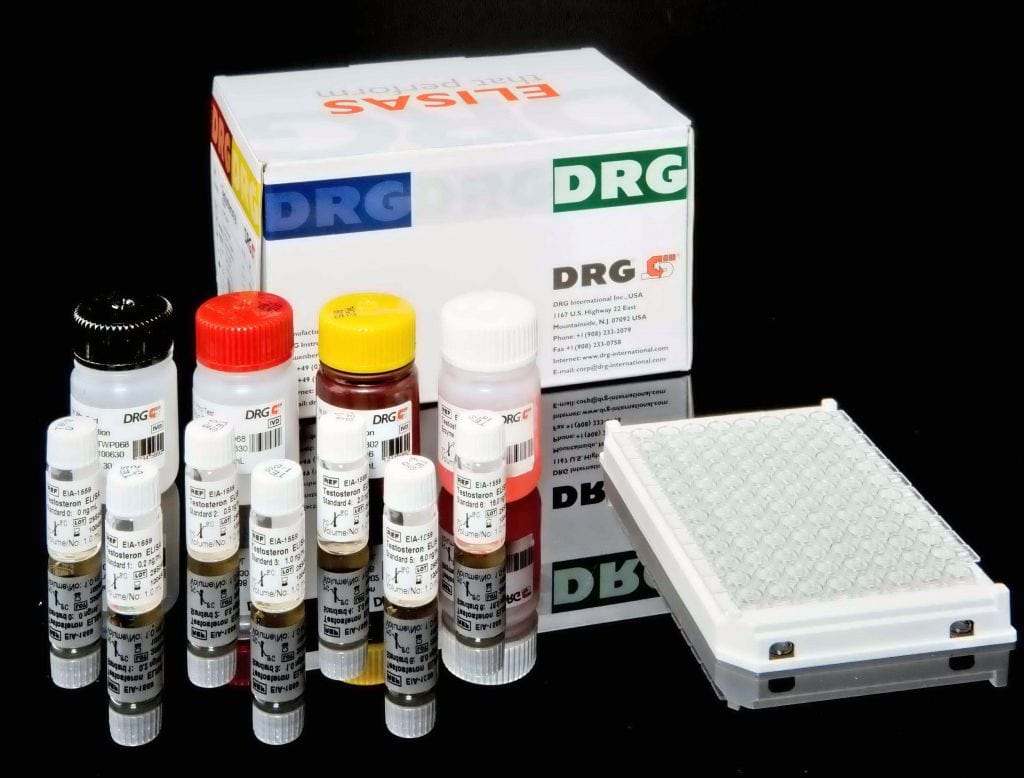
In summary, HCG and HGH are distinct hormones with different functions and medical applications. HCG is primarily associated with pregnancy and fertility treatments, while HGH plays a crucial role in growth and overall body functioning. Both hormones have been misused in various contexts, including athletics, but their misuse can have adverse health effects and is often prohibited. Always consult with a healthcare professional before considering the use of these hormones for any purpose.
Copyright © Vial Packaging rights reserved.

